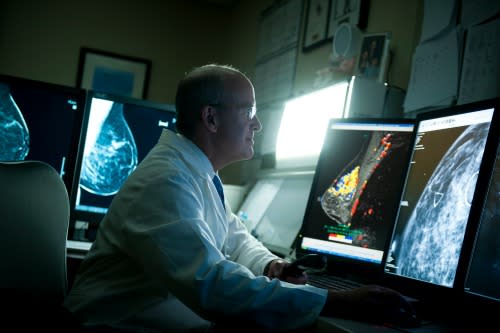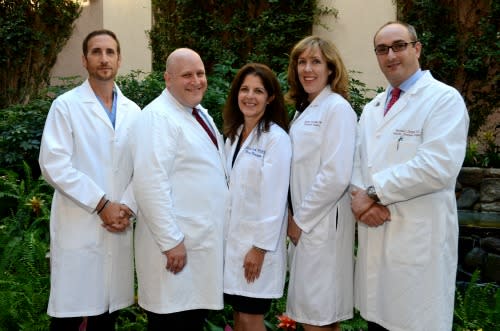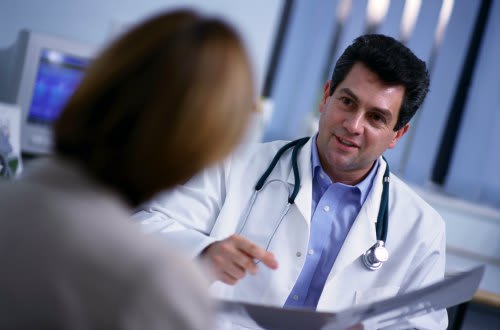Kate Middleton Discusses Benefits of Post-Cancer Treatment Support Services
Published: July 17, 2025l
Kate Middleton made headlines earlier this month when she spoke out on a topic not frequently discussed: what happens when cancer treatment ends.
“You put on a sort of brave face, stoicism through treatment. Treatment is done, then it’s like, ‘I can crack on, get back to normal,’ but actually the phase afterwards is really, really difficult,” the Princess of Wales, 43, whose cancer is now in remission, said. She completed chemotherapy treatment in September 2024.
“You’re not necessarily under the clinical team any longer, but you’re not able to function normally at home as you perhaps once used to,” she continued. “And actually, someone to help talk you through that, show you, and guide you through that sort of phase that comes after treatment, I think is really valuable.”
Recent research presented at the American Society of Clinical Oncology’s (ASCO) annual meeting showed that following an exercise program prevented recurrence of colon cancer by 28% and increased survival by 35%.
A 2022 systematic review of qualitative studies published in the European Journal of Cancer Care looked at the impact of cancer peer support groups and found that participation in a peer-led cancer self-help group led to multiple perceived benefits including informational support, shared experience, learning from others, and cultivating humor as a coping strategy.
We offer specialized integrated psychiatry services for our cancer patients and their care partners. We understand the emotional and psychological challenges that come with a cancer diagnosis, and our skilled psychiatrist and psychotherapist offer compassionate support through the treatment journey. We address conditions such as anxiety, depression, and other emotional crises resulting from undergoing cancer treatment.
Our Integrative Medicine program is an evidence-based approach that combines traditional scientific medicine, nursing, nutrition, and exercise physiology to enhance the natural healing capacities of the body and mind.
“More than 25 years ago, we had started the post-chemotherapy exercise program with a personal trainer at the Tully Health Center gym, free-of-charge, for patients who had completed chemotherapy,” said Dr. Steve Lo, director of medical oncology at the BCC. “The goal of our program is to get our patients to begin exercising and it has been very successful. I always emphasized to patients the importance of exercise in preventing cancers.”
In addition to these programs, we also offer a Survivorship Program where patients take part in three different appointments to optimize their recovery and discuss lifestyle practices that promote long-term health.
“You have to find your new normal and that takes time … And it’s a roller coaster, it’s not smooth, like you expect it to be,” said Middleton. “But the reality is you go through hard times.”
At the BCC, we aim to support our patients through these difficult times and provide many of the resources they need in one integrated approach.
Learn more about our Bennett Cancer Center.
“You put on a sort of brave face, stoicism through treatment. Treatment is done, then it’s like, ‘I can crack on, get back to normal,’ but actually the phase afterwards is really, really difficult,” the Princess of Wales, 43, whose cancer is now in remission, said. She completed chemotherapy treatment in September 2024.
“You’re not necessarily under the clinical team any longer, but you’re not able to function normally at home as you perhaps once used to,” she continued. “And actually, someone to help talk you through that, show you, and guide you through that sort of phase that comes after treatment, I think is really valuable.”
Benefits of supportive services for cancer patients
Middleton is correct: There is much research to suggest the benefits of an integrated approach to care that supports a person from cancer diagnosis through treatment and into survivorship. One study published in Frontiers in Medicine showed that psychosocial and medical support are associated with lower distress and physical and mental symptoms of cancer survivors.Recent research presented at the American Society of Clinical Oncology’s (ASCO) annual meeting showed that following an exercise program prevented recurrence of colon cancer by 28% and increased survival by 35%.
A 2022 systematic review of qualitative studies published in the European Journal of Cancer Care looked at the impact of cancer peer support groups and found that participation in a peer-led cancer self-help group led to multiple perceived benefits including informational support, shared experience, learning from others, and cultivating humor as a coping strategy.
Integrated approach to treatment & survivorship at the Bennett Cancer Center
At the Carl & Dorothy Bennett Cancer Center (BCC), we strive to offer all our patients an integrated approach to treatment and survivorship.We offer specialized integrated psychiatry services for our cancer patients and their care partners. We understand the emotional and psychological challenges that come with a cancer diagnosis, and our skilled psychiatrist and psychotherapist offer compassionate support through the treatment journey. We address conditions such as anxiety, depression, and other emotional crises resulting from undergoing cancer treatment.
Our Integrative Medicine program is an evidence-based approach that combines traditional scientific medicine, nursing, nutrition, and exercise physiology to enhance the natural healing capacities of the body and mind.
“More than 25 years ago, we had started the post-chemotherapy exercise program with a personal trainer at the Tully Health Center gym, free-of-charge, for patients who had completed chemotherapy,” said Dr. Steve Lo, director of medical oncology at the BCC. “The goal of our program is to get our patients to begin exercising and it has been very successful. I always emphasized to patients the importance of exercise in preventing cancers.”
In addition to these programs, we also offer a Survivorship Program where patients take part in three different appointments to optimize their recovery and discuss lifestyle practices that promote long-term health.
“You have to find your new normal and that takes time … And it’s a roller coaster, it’s not smooth, like you expect it to be,” said Middleton. “But the reality is you go through hard times.”
At the BCC, we aim to support our patients through these difficult times and provide many of the resources they need in one integrated approach.
Learn more about our Bennett Cancer Center.
Featured Expert/ Author


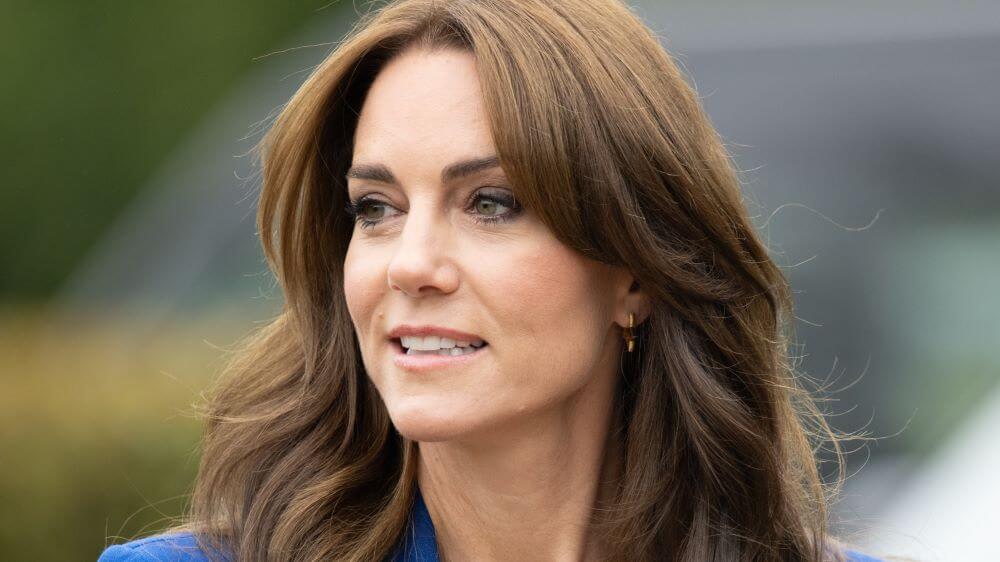
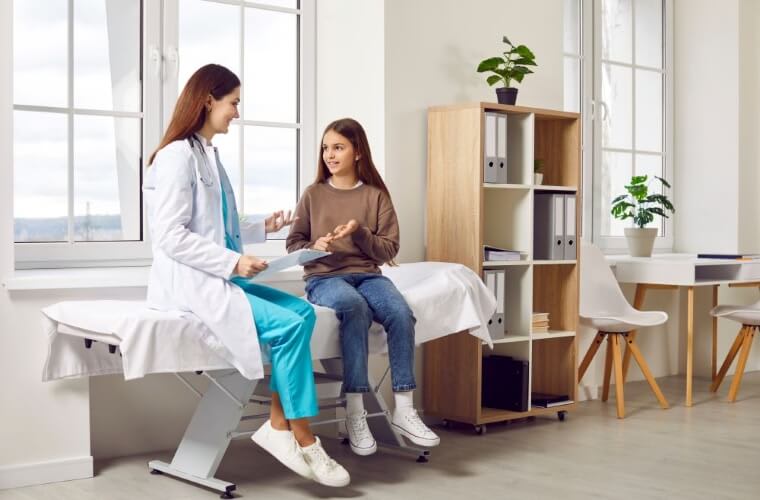
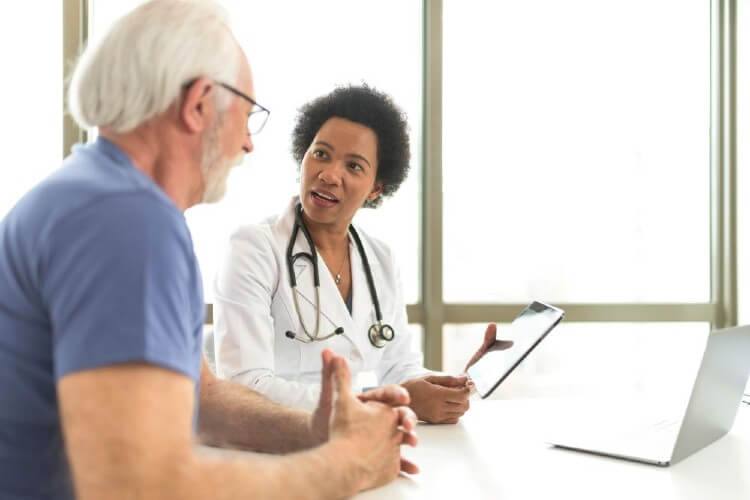
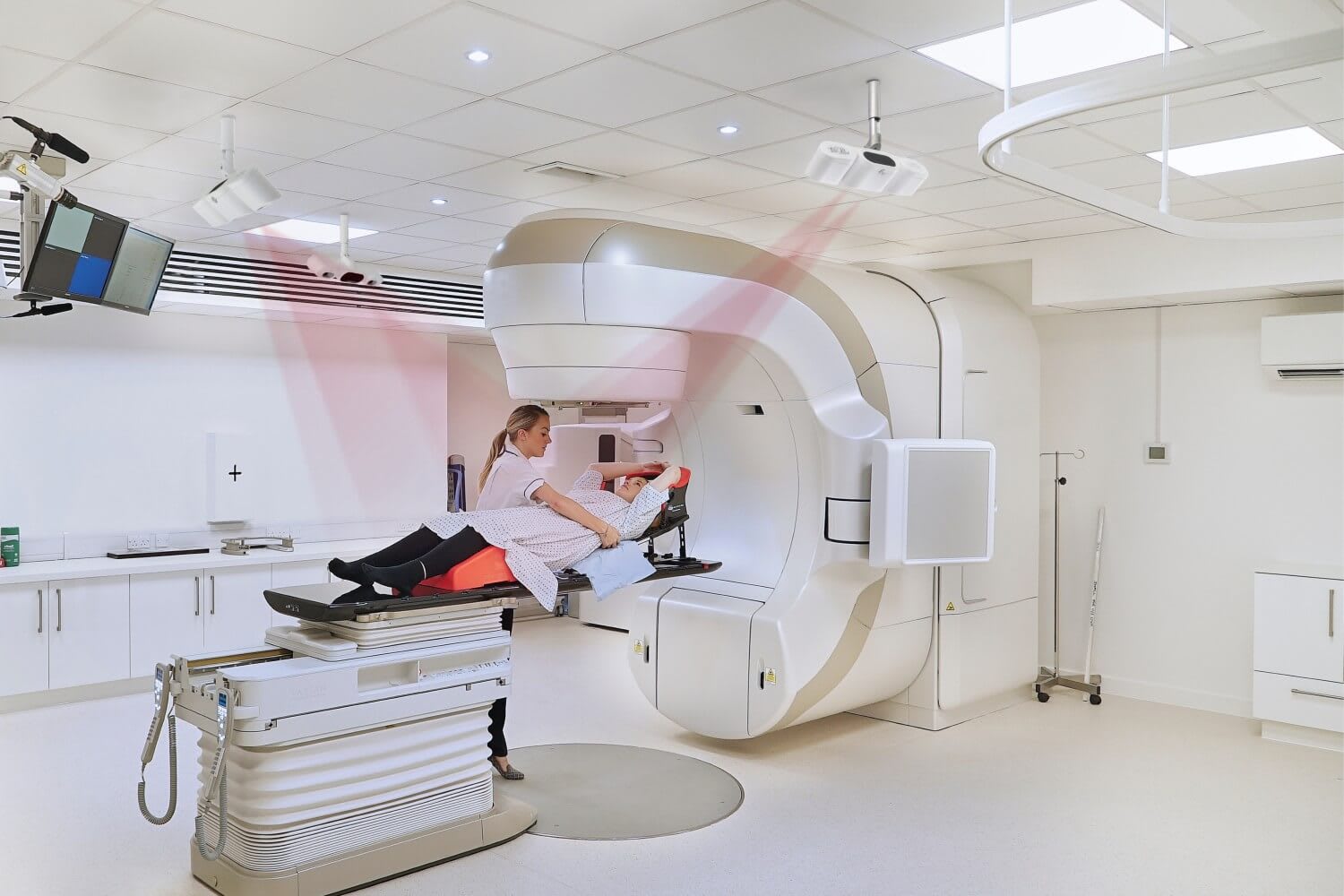
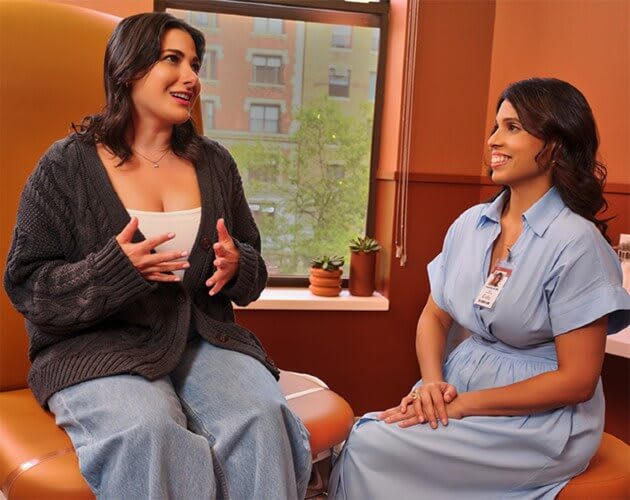
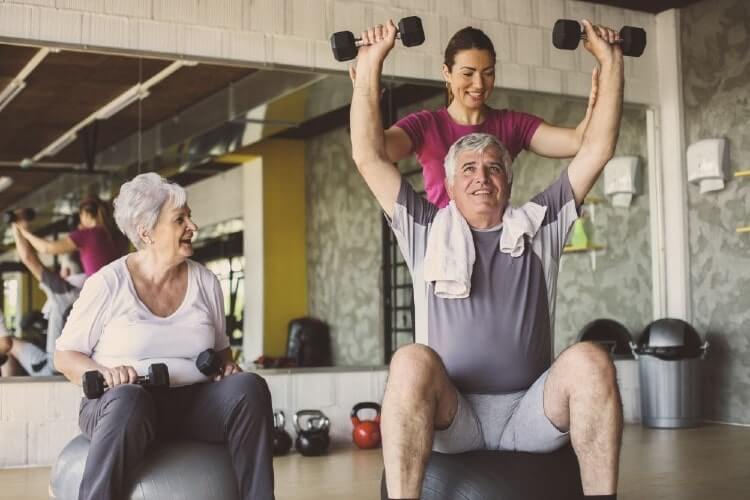
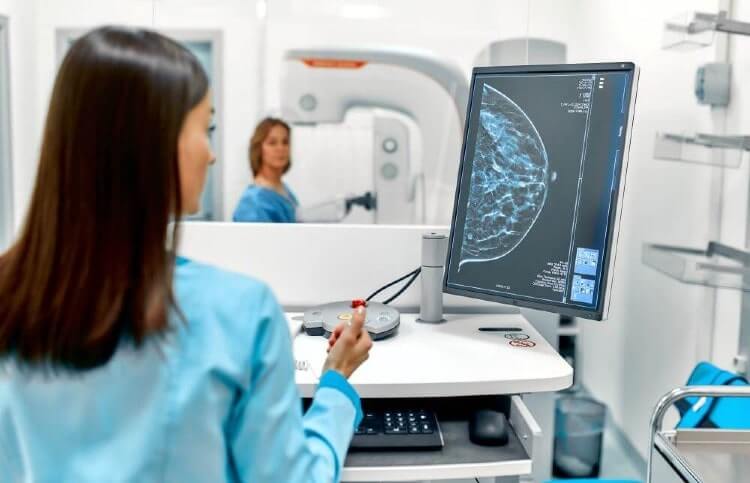

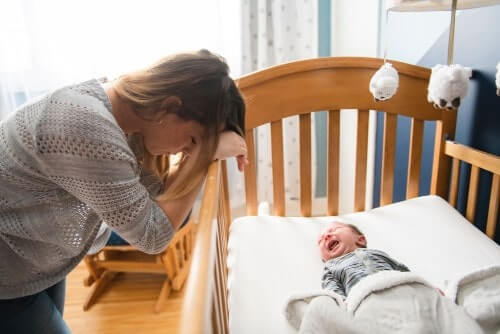

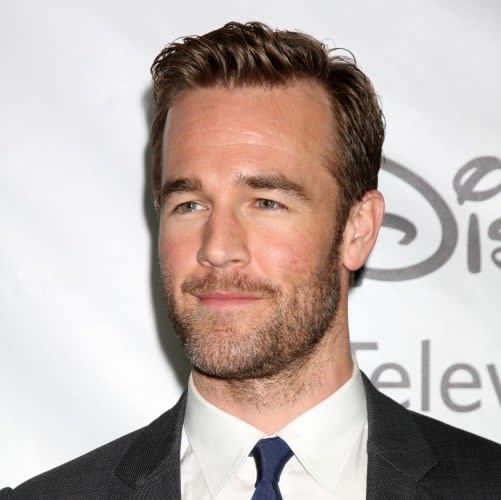

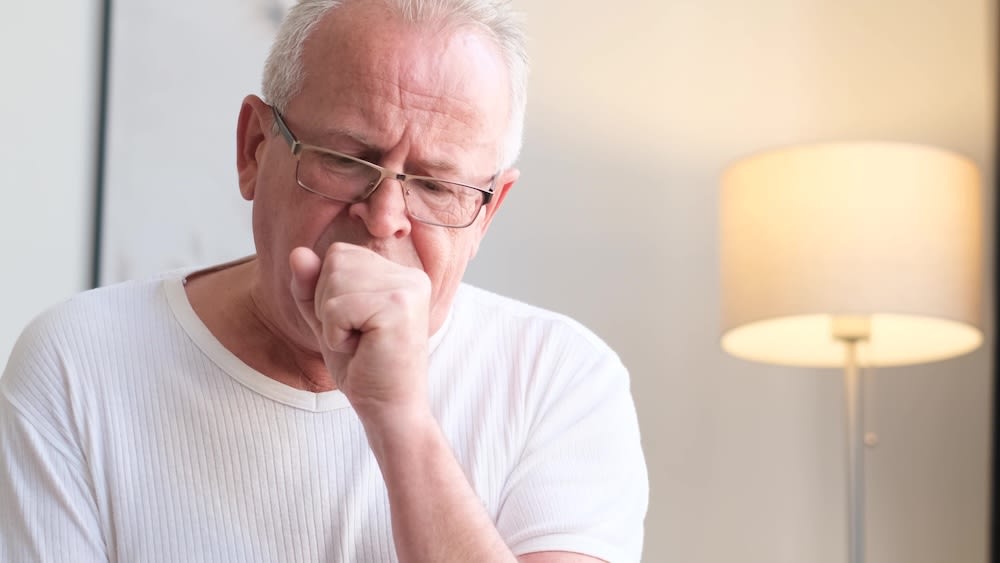

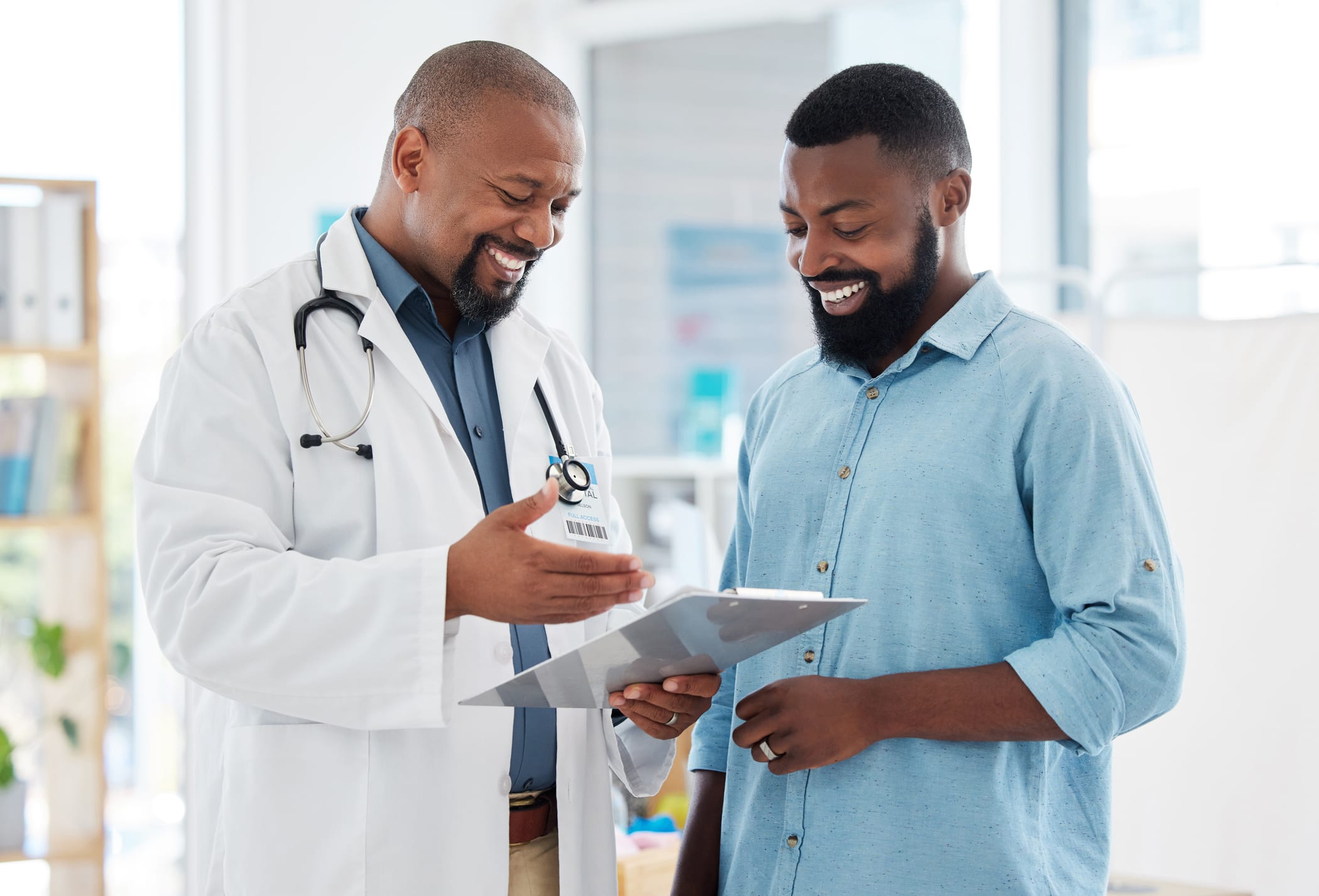
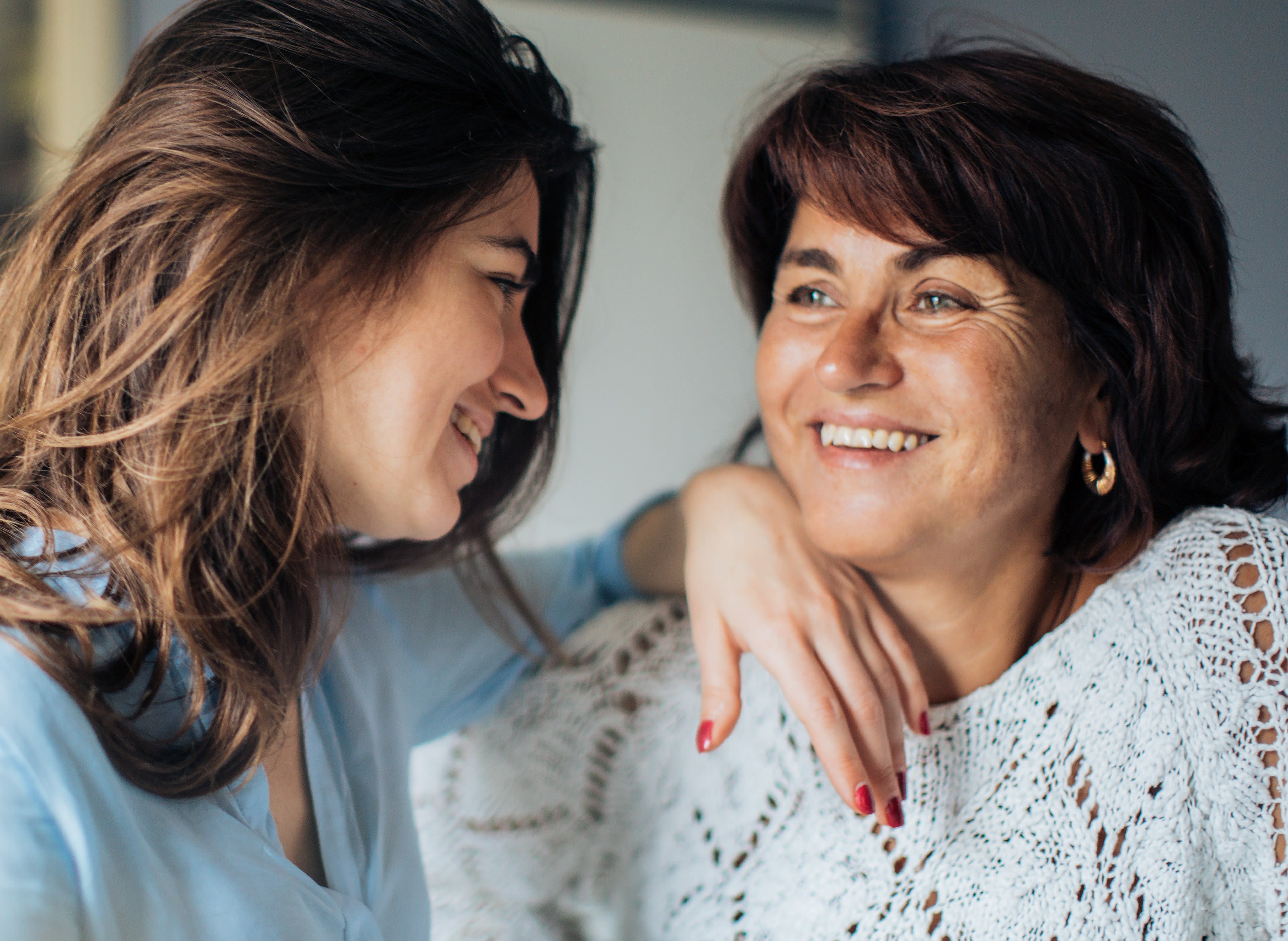

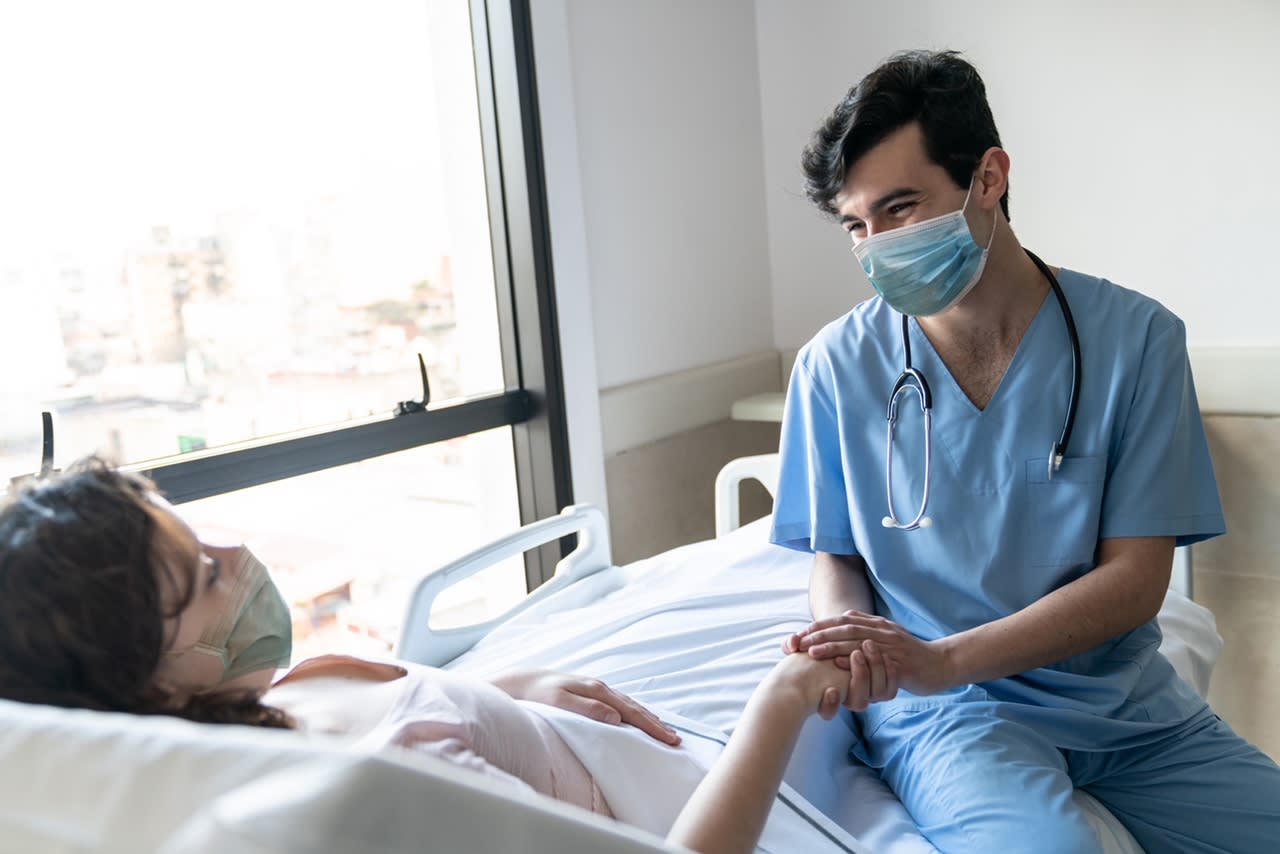
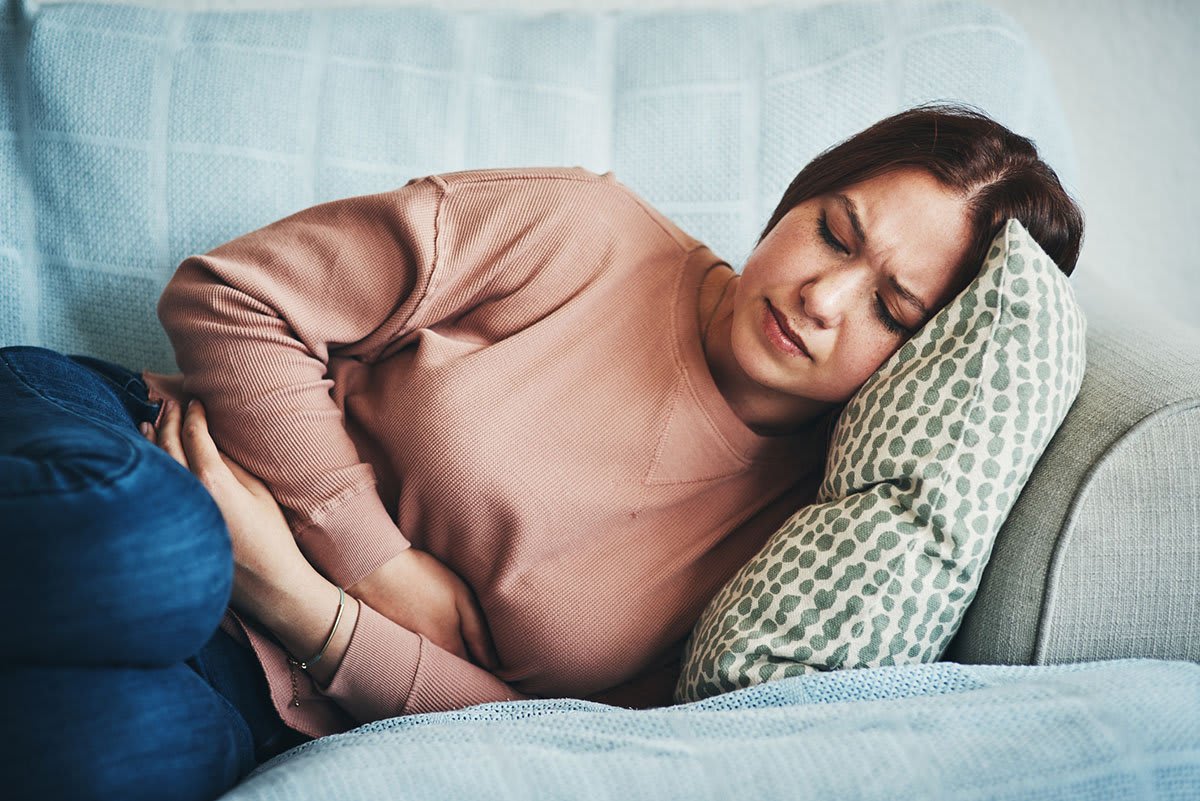
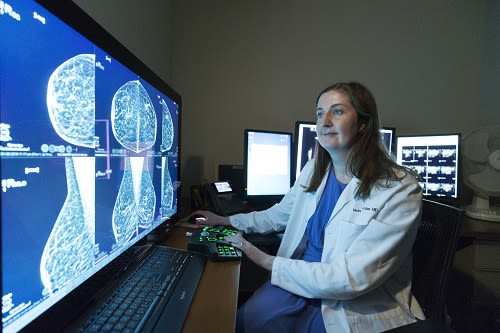
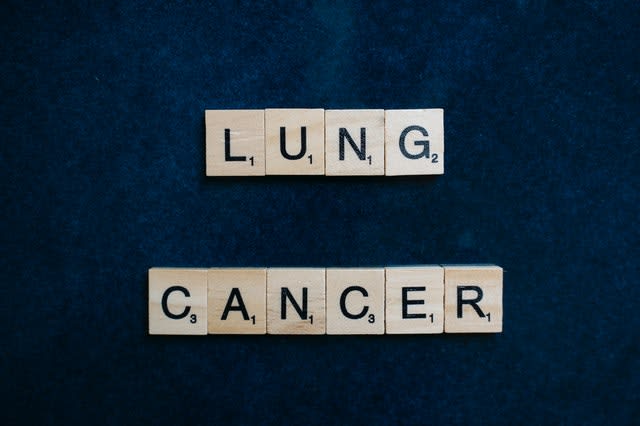

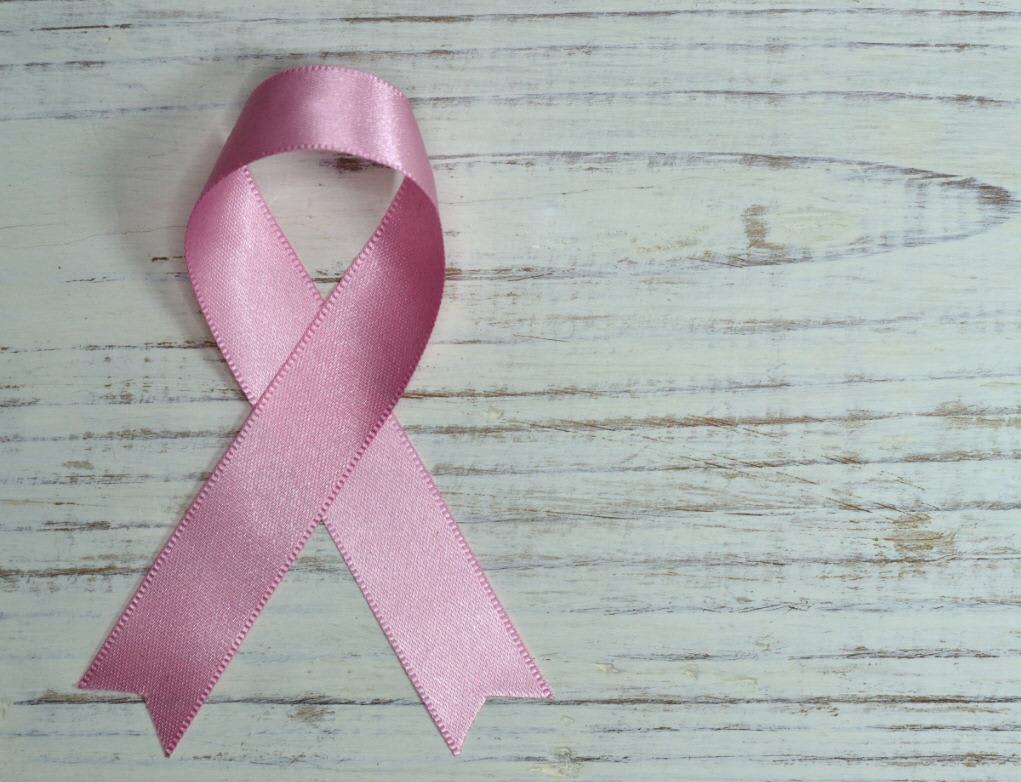
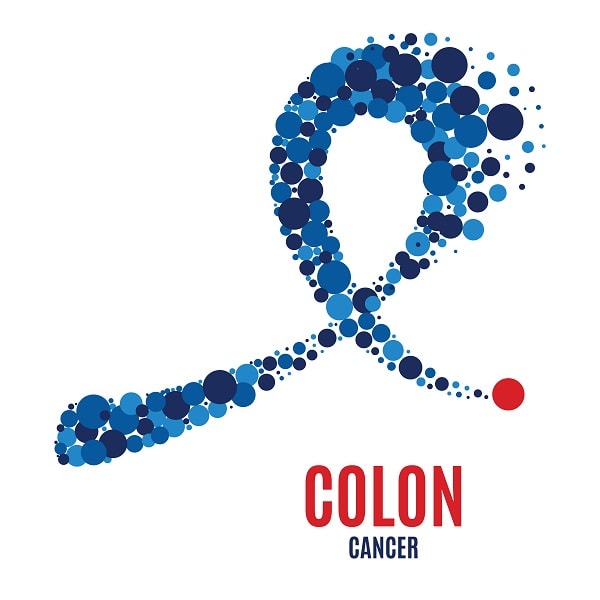
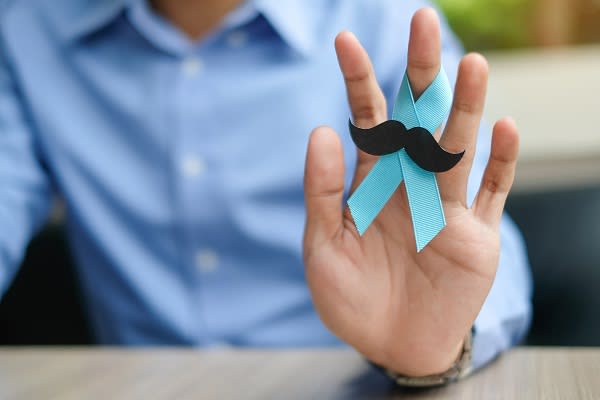
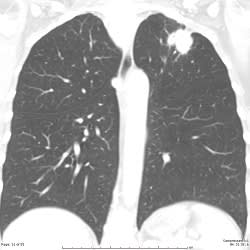




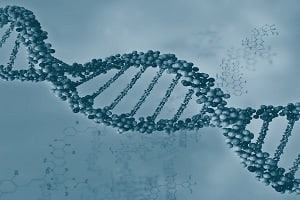
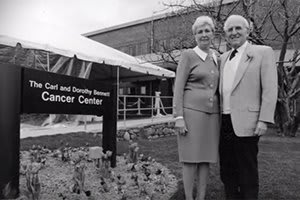
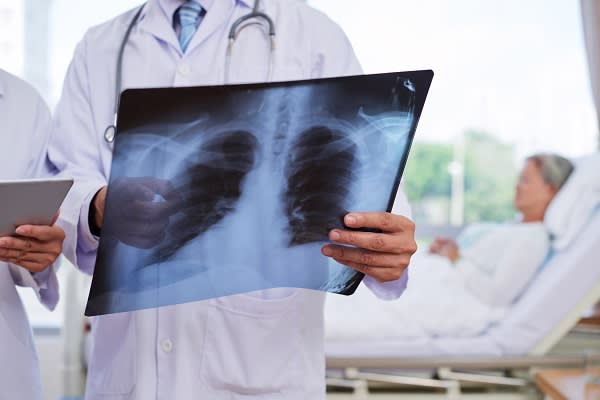
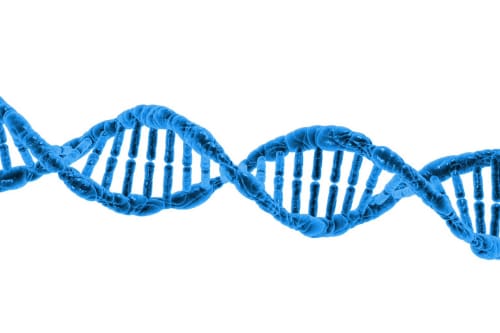



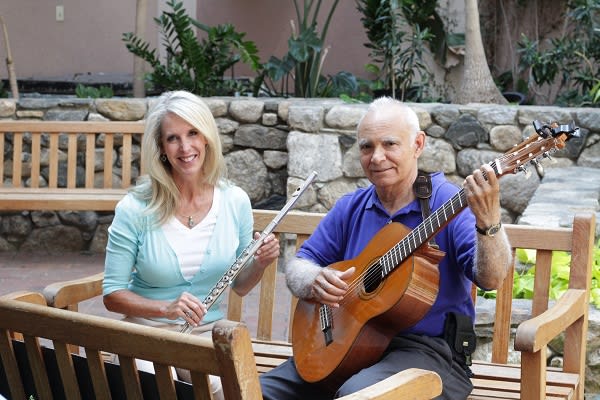
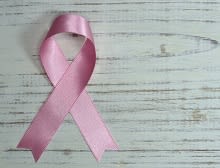
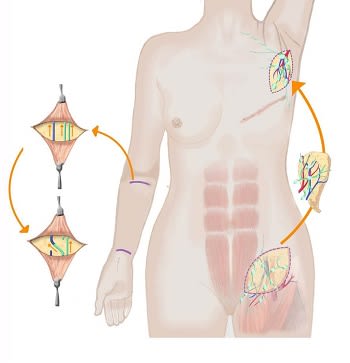
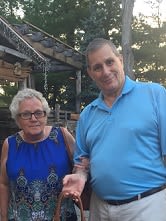




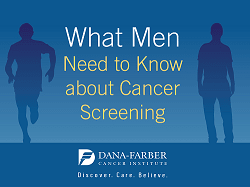
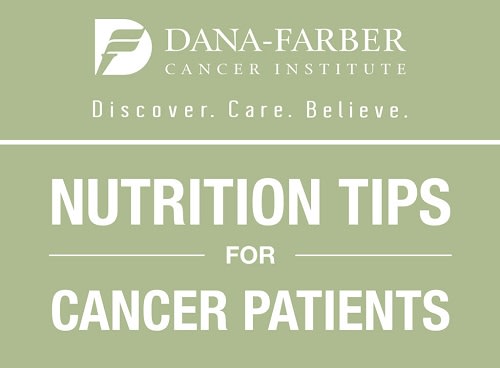






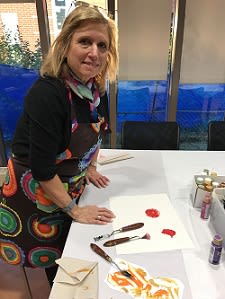
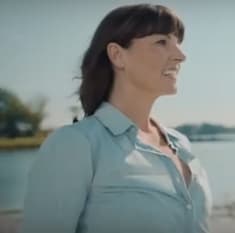



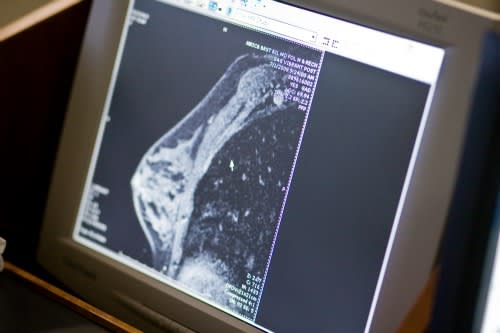
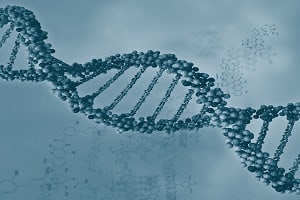
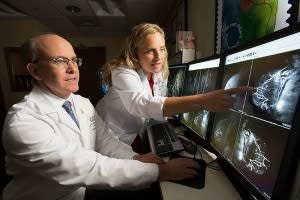


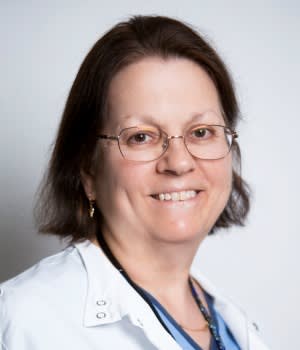



)


)
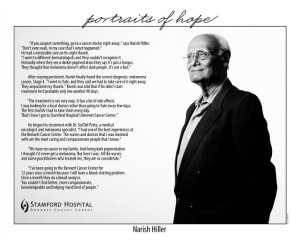
)
)
